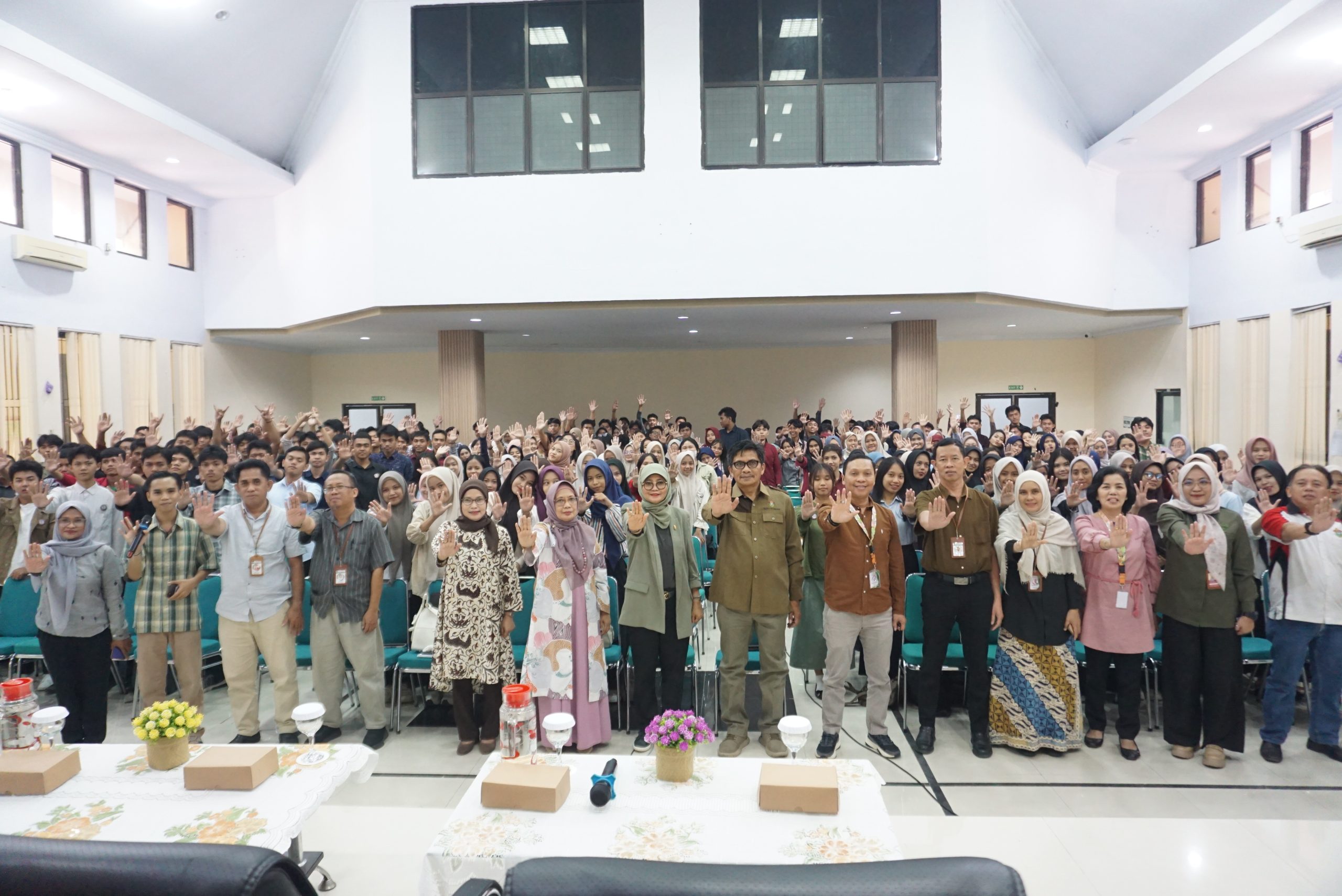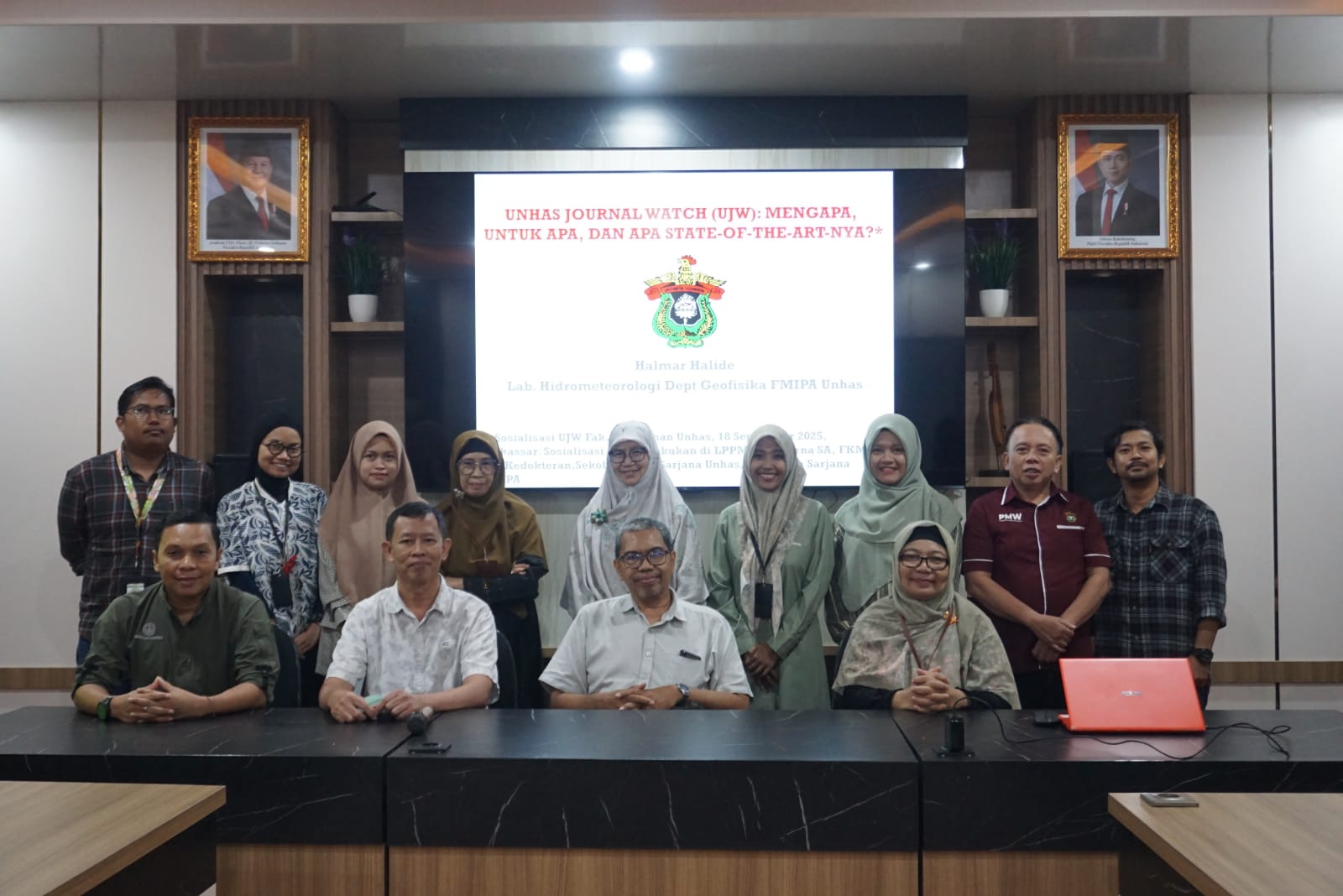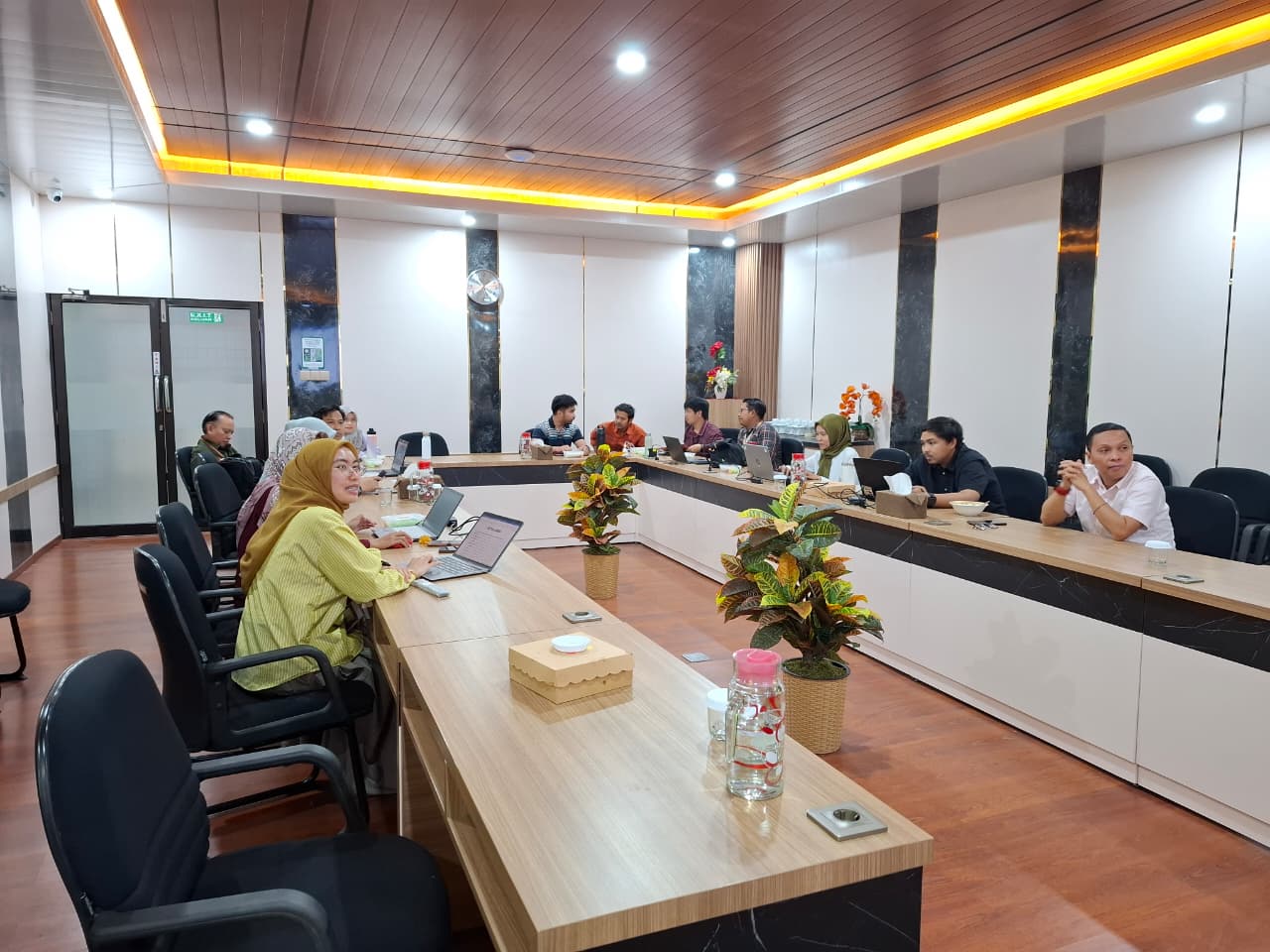Desa Tapporang-Kabupaten Pinrang. Lecturer at the Faculty of Forestry, Hasanuddin University (Unhas) from the Forest Protection and Insect Laboratory, namely Dr. Ir. Sitti Nuraeni, MP, (Chair) with Dr. Ir. A. Sadapotto, MP, and Dr. Ir. Baharuddin MP, collaborating with the Hasanuddin University Partnership Program to carry out Community Service activities with the theme “Effective and Sustainable Forest Bee (Apis Binghamii) Hunting and Conservation Techniques in Tapporang Village, Batulappa District, Pinrang Regency”.
The activity took place starting at 10.00 WITA in Tapporang Village, Batulappa District, Pinrang Regency, Thursday (8/5/2024)
Tapporang Village is one of the forest bee hunting clusters at the foot of Mount Tirasa. Current hunting and honey harvesting techniques threaten the sustainability of forest bees due to uncontrolled harvesting of all nest colony combs and fumigation.
The solution to maintain the sustainability of forest bees is to provide an understanding of the importance of forest bees for the ecosystem and speed up colony recovery by using the tikung technique, namely luring forest bees to build nests at lower altitudes and with a shorter colony recovery speed.
“I hope that through this activity I can educate forest bee farmers in Tapporang Village about tips for improving hunting techniques and conservation of forest bees that are effective and sustainable,” said Nuraeni.
It is hoped that the collaborative community service activities of the Unhas Partnership can change habits and understanding of the importance of conserving forest bee resources, so that forest bee hunting communities continue to utilize the resource without threatening its sustainability.
This activity received a positive response from the target community, this was evident from the community’s enthusiasm and the presentation delivered by Khaerudin as Chair of the Tapporang Village Perhutani Group.
Khaerudin hopes that this activity can increase knowledge and information for forest farmer groups and can increase developments in harvesting or hunting forest bees in an environmentally friendly manner.






